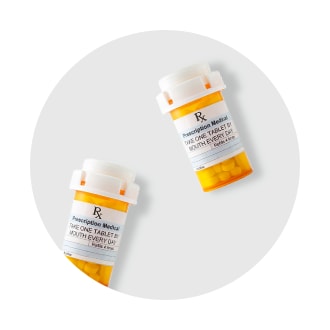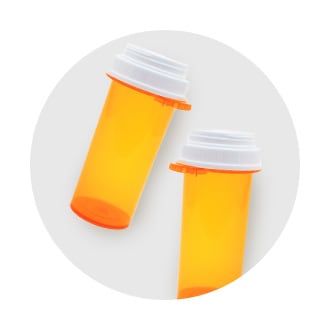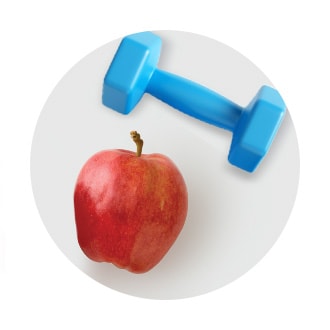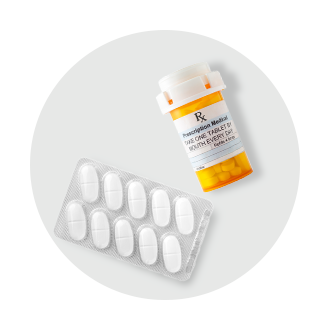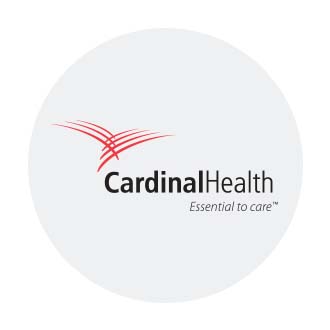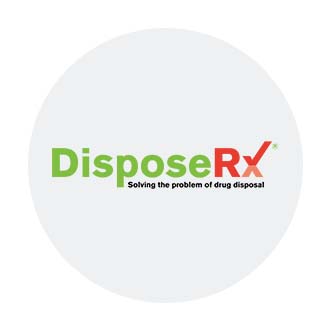Call 800–950–NAMI
Contact the National Alliance for Mental Illness for Support.
Holistic Mental Well-Being
There are a lot of factors that influence your mental wellness. Nutrition, physical activity, sleep, stress and self-care all play a key role when it comes to your mental health. Learn more about how these factors contribute to your holistic well-being, mood, brain function and overall growth.
Nutrition
Having a dedicated, educated and personalized approach to eating and enjoying food can help you to feel your best. Incorporating a balanced diet into your lifestyle might be easier said than done, but meeting with a registered dietitian, using a meal planning strategy and exploring your relationship with food are a few actions you can take to help you gain control and live a healthier life.
Nutrition
Having a dedicated, educated and personalized approach to eating and enjoying food can help you to feel your best. Incorporating a balanced diet into your lifestyle might be easier said than done, but meeting with a registered dietitian, using a meal planning strategy and exploring your relationship with food are a few actions you can take to help you gain control and live a healthier life.
Articles & Advice
Common Mental Illnesses
Mental illnesses are health conditions that involve changes in emotion, thinking, behavior or a combination of all three. The key to enhancing your mental well-being starts with understanding yourself and your personal needs. Since there are so many different types of mental illnesses and no single cause for any of them, proper treatment, preventative techniques and coping strategies depend on your disorder and its severity. If you’re having challenges, it’s important to ask for help so you don’t have to fight alone. Remember – you can get better.
Depression
Depression (Opens in a new tab or window), also known as major depressive disorder or clinical depression, is a common and serious mood disorder (Opens in a new tab or window) that affects how you feel, think and act. Symptoms can vary from mild to severe and may include changes in appetite, trouble sleeping, loss of energy, feeling sad or loss of interest in activities once enjoyed.
Contact the National Suicide Prevention Hotline for Support: 800–273–8255
Depression
Depression (Opens in a new tab or window), also known as major depressive disorder or clinical depression, is a common and serious mood disorder (Opens in a new tab or window) that affects how you feel, think and act. Symptoms can vary from mild to severe and may include changes in appetite, trouble sleeping, loss of energy, feeling sad or loss of interest in activities once enjoyed.
Contact the National Suicide Prevention Hotline for Support: 800–273–8255
Articles & Advice
Tools & Resources
Our Partners
Mental Wellness
Review our Pharmacy Notice of Nondiscrimination to learn more about how The Kroger Co.’s and its subsidiaries’ pharmacies and retail health clinics (“Kroger”) complies with applicable Federal civil rights laws.
Pharmacy, Clinic, and Nutrition services are available in select areas. Access our pharmacy locator to find a pharmacy near you. The Little Clinic practices in the following states only: AZ, KY, OH, TN, CO, IN, GA, KS, VA. Access our clinic locator to find a clinic near you. Nutrition services are not available in AK, MT, NJ, NY, SC, WY, or where otherwise prohibited by applicable law. Walk-ins welcome as time allows.













